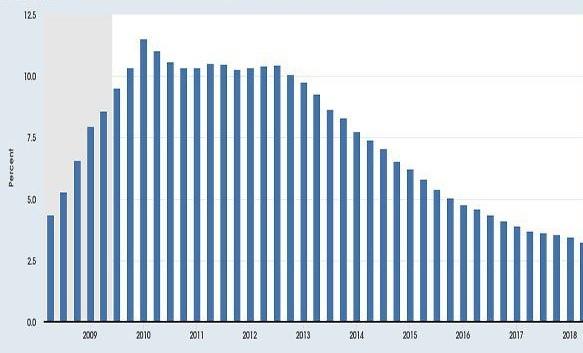
Shut in but Shut Out: New York City’s Response to the Housing Crisis
By: Abdullah Haroon
2020 has been a year everyone would like to delete from memory. The COVID-19 pandemic shoved most of the world’s inhabitants into quarantine and placed its economy on proverbial pause. As a result, thousands of businesses have had to permanently close their doors placing millions out of work. Unfortunately, New York City real estate hasn’t escaped the pandemic unscathed.
Hundreds, if not thousands, of NYC tenants who lost their jobs or were furloughed during the pandemic could no longer afford to pay rent. This translated into trouble for landlords, especially those who relied heavily on rental income to fund their own monthly expenses.
Landlords: An Overlooked Casualty of COVID-19
New York City is the biggest rental market in the US with approximately 2/3 of the city’s population calling apartments and other rental properties home. So financial hardships borne by tenants are likely to become financial strains for landlords.
Consider the Following:
1) Unpaid and Delayed Rent Payments
Most of the US shut down in mid-March, forcing thousands of Americans in service and non-office based roles inside through late May/early June. No work meant no income with which to pay rent until the quarantine restrictions were lifted. Which translated to lost income for landlords who, in turn, had to come up with ways to pay their building loans with little to no help from the Federal government.
2) Empty Space
As a direct result of the mandatory shutdown, many tenants who could no longer afford their rent were forced to downsize, relocate or, even worse, lost their homes altogether. Despite the shift in housing needs, many people had reservations about moving in the middle of a pandemic. The result? An uptick in vacant rental spaces that landlords had to struggle to fill.
3) Property Taxes
To make matters worse, the government did not revise the property tax structure for 2020. Forcing landlords to pay taxes at the same rate they would outside of a pandemic. This coupled with a significantly less income stream from delayed or lack of rent payments have financially crippled many NYC landlords and no end is in sight.
Read Also: Which States Do Not Have Property Taxes
4) Ban on Forced Evictions
In a normal world, tenants are evicted when they fail to pay rent. But during a pandemic, desperate times called for desperate measures. New York State enacted the Tenant Safe Harbor Act on June 30, 2020, as a compassionate measure for renters in the state.
Under the Act, landlords could no longer evict tenants who couldn’t afford to pay rent. This was great news for tenants but yet another financial blow for landlords.
So, What’s a Landlord to Do?
Although the Tenant Safe Harbor Act gave tenants some breathing room while the nation works to get back to a new normal. It does little to address the issue options for landlords for the foreseeable future. Remember, the Act only bans forced evictions; it doesn’t waive rent payment.
This, of course, creates a conundrum for landlords who would rather have to pay tenants than those they can’t evict due to inability to pay. Landlords now have to think outside the box in order to remain in compliance with the State while still trying to collect what’s due to them.
The government needs to address this issue more seriously. One way would be to explore how they can help both the tenant and the landlord. This could be achieved by funding a program that waived rent payments and compensated landlords for their financial loss.
The Future of Real Estate in a COVID-19 World
Uncertainty around the eradication of COVID-19 and the rebound of the US economy is only going to worsen the rental crisis in the state of New York. And now talks of a second wave of the coronavirus sweeping the nation in the upcoming months, have forced authorities to apply brakes to their plans and any real relief to the real estate sector any time soon.
Conclusion
Landlords are often labeled the villains of the real estate market; they’re portrayed as business people who care for nothing but collect their monthly payments. This is a myth–they’re like anyone else who relies on a steady stream of money to take care of household expenses. With the government’s help, the state of New York could help both tenants and landlords equally to help balance the scales.


